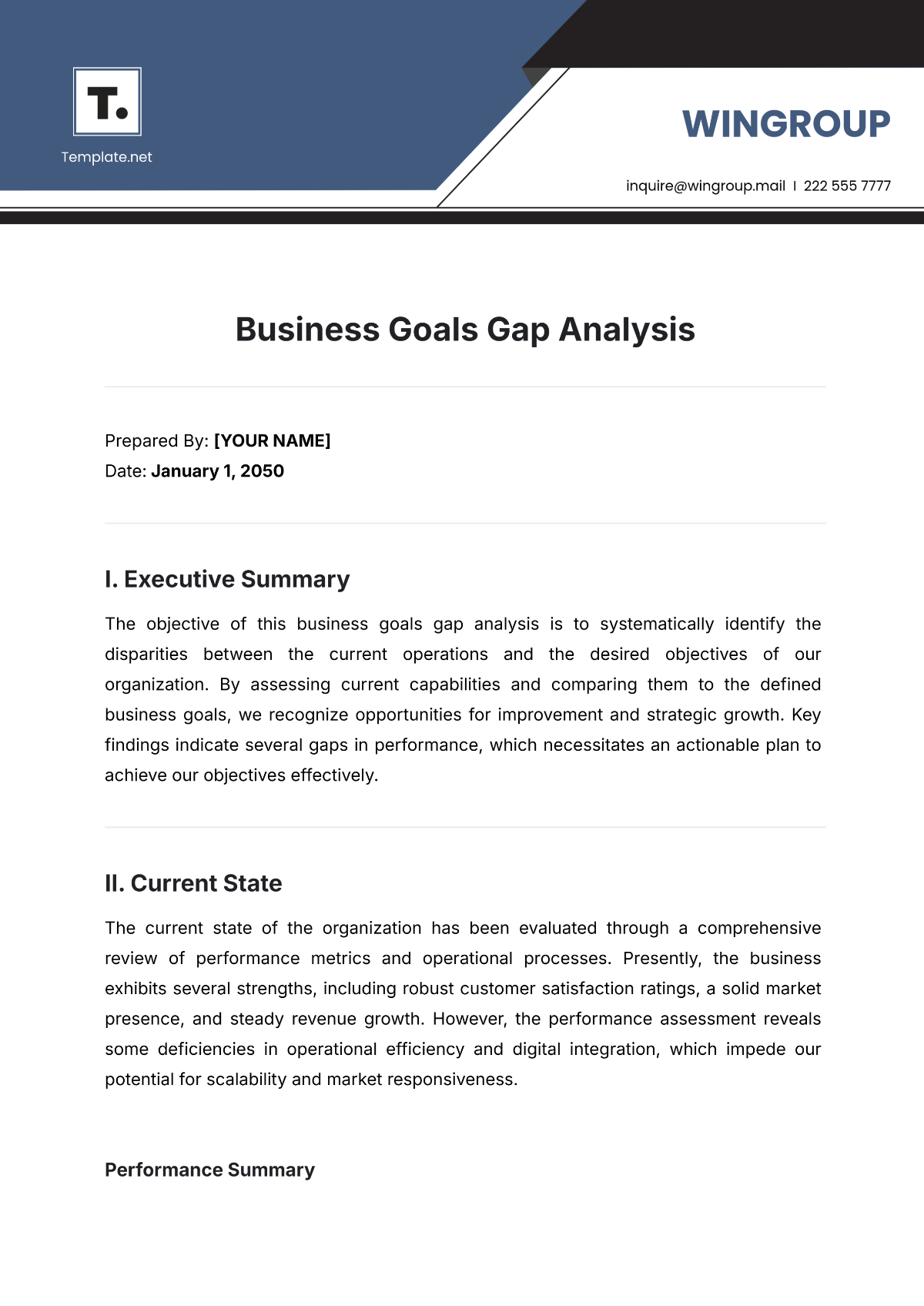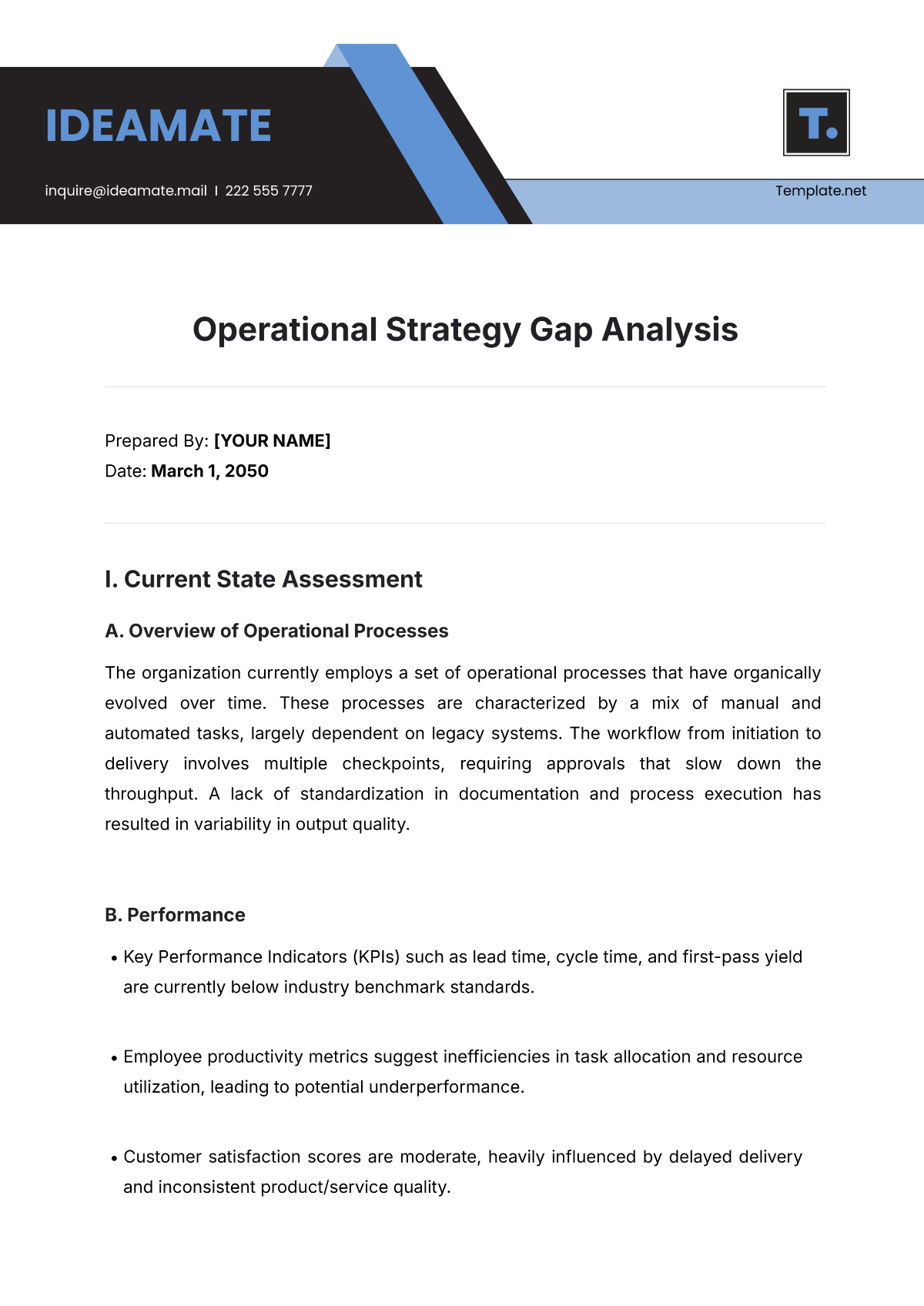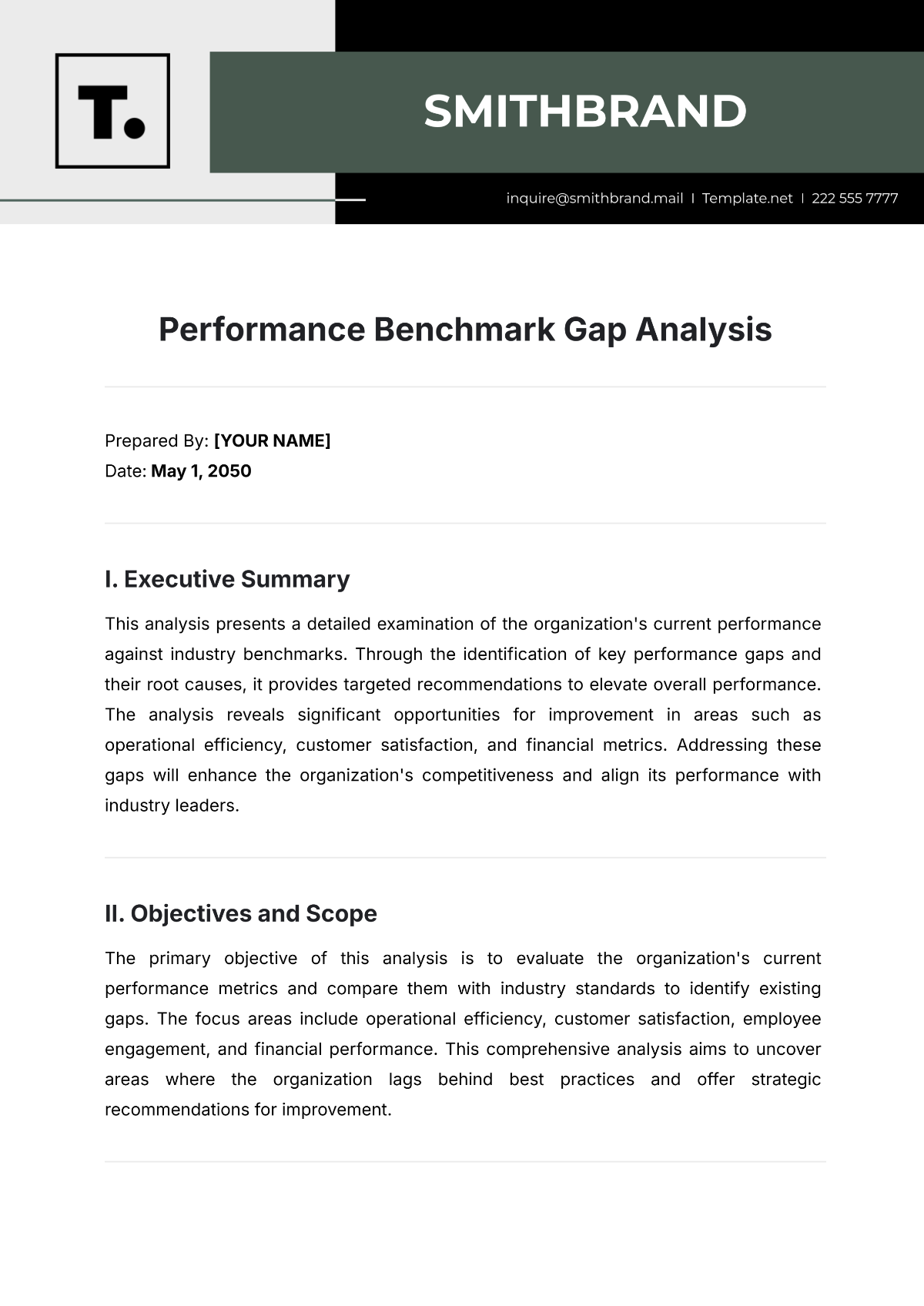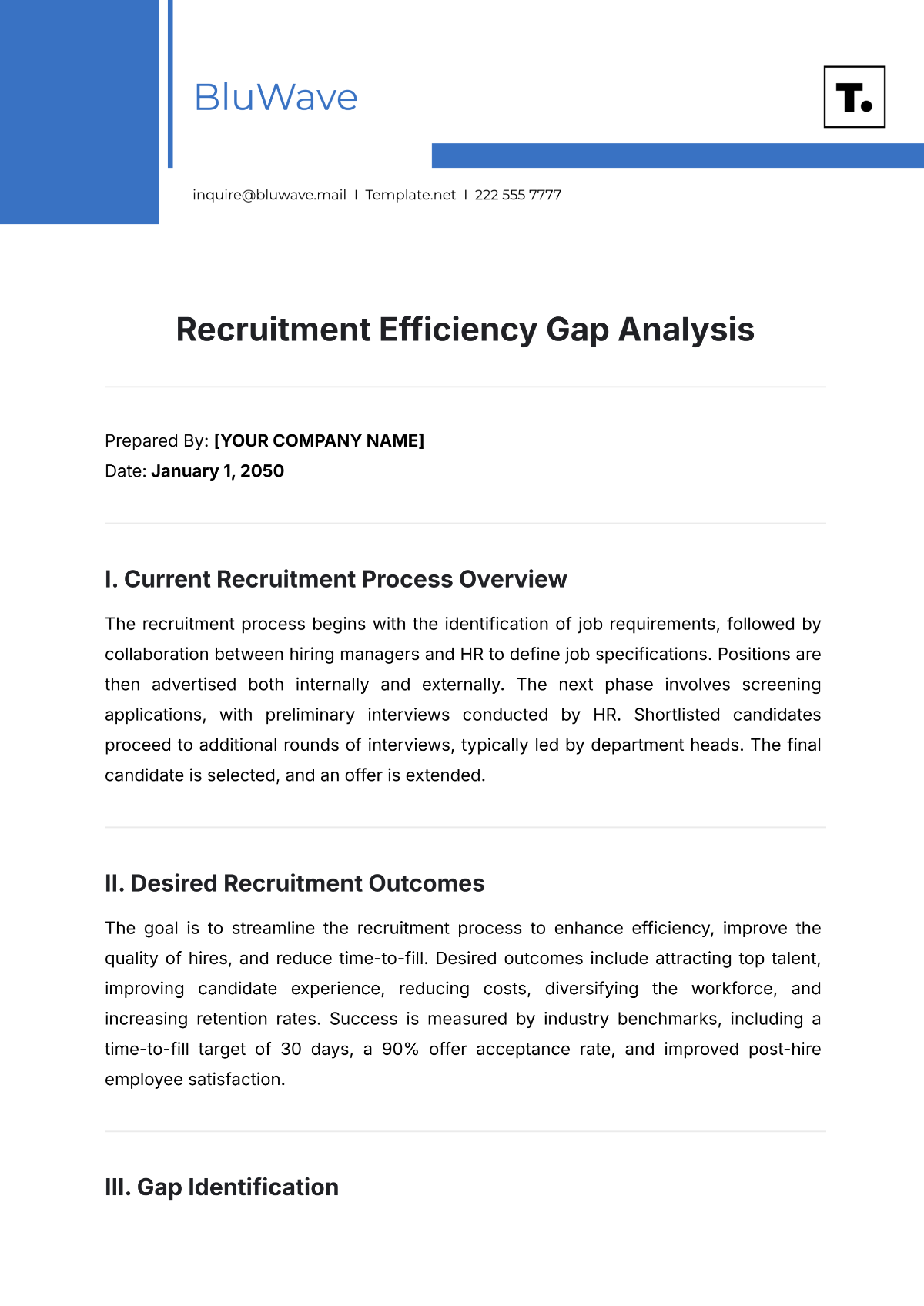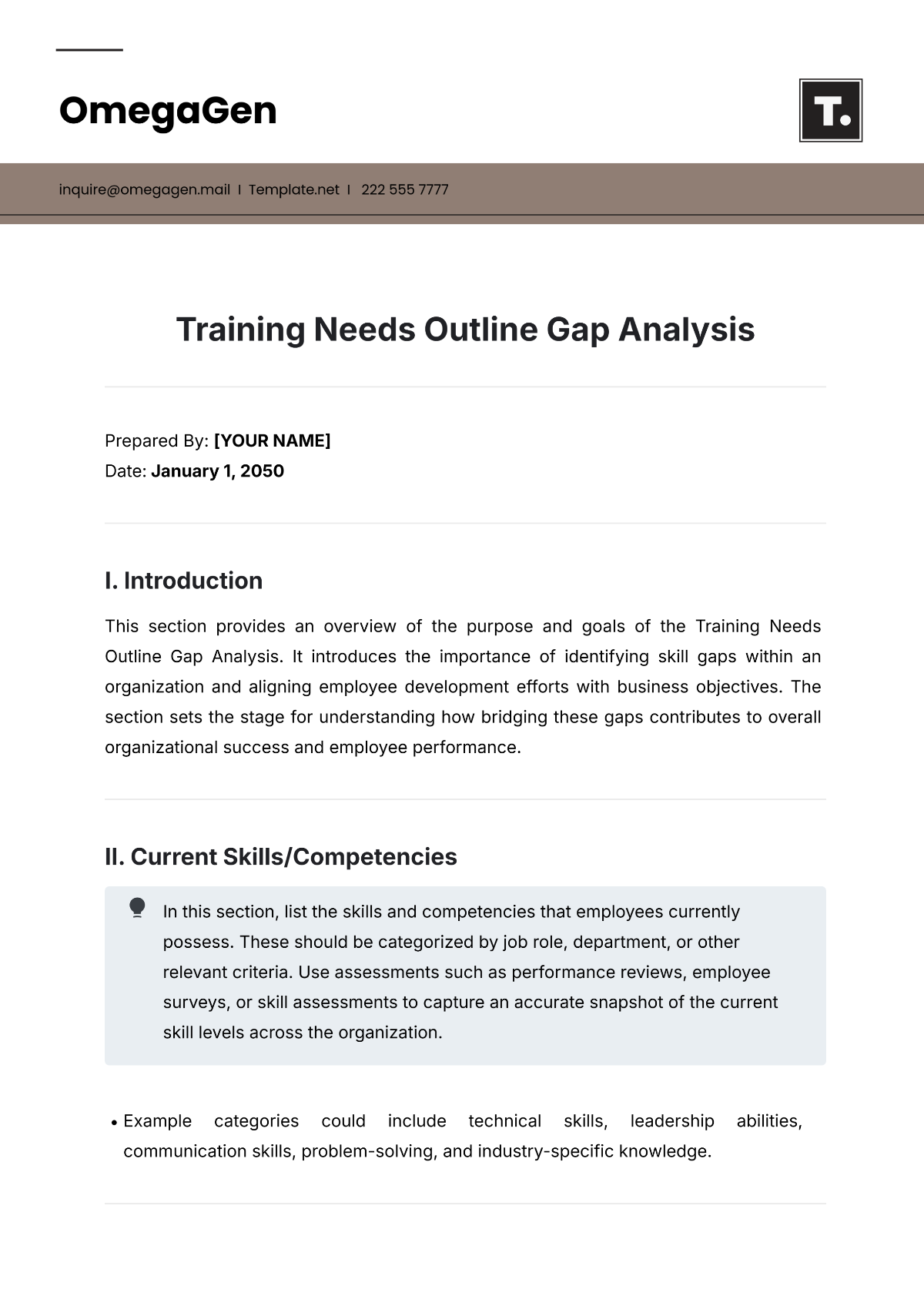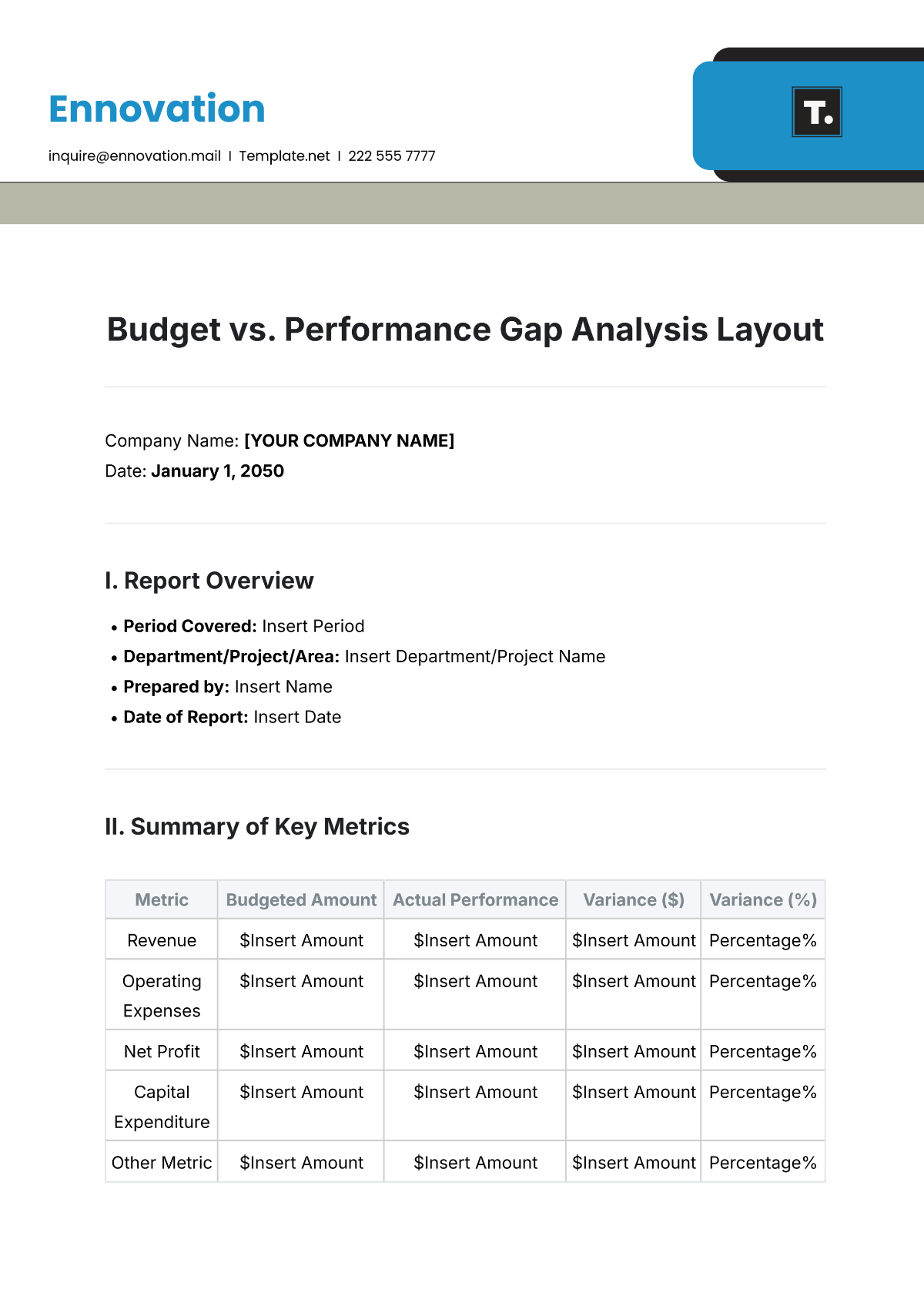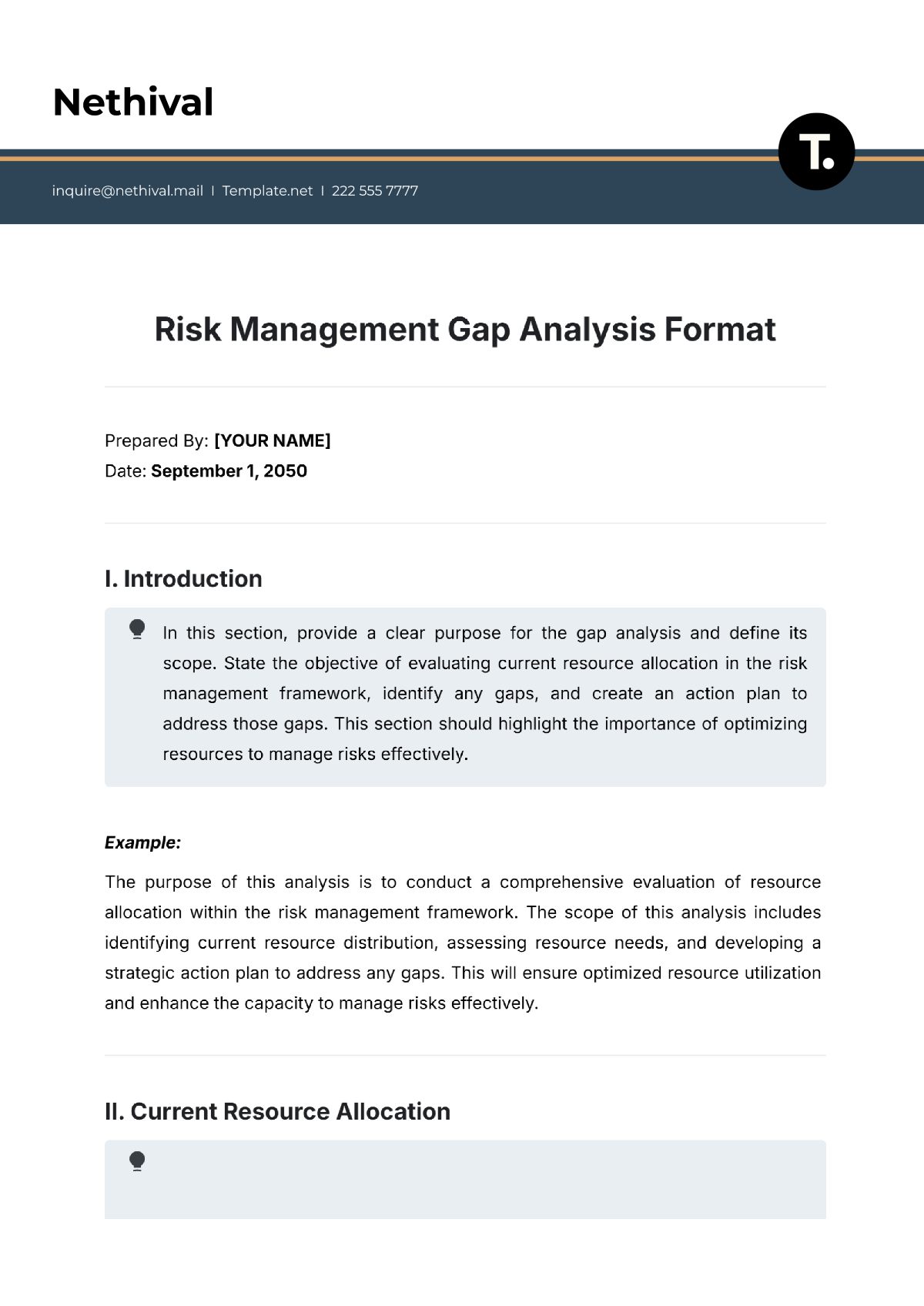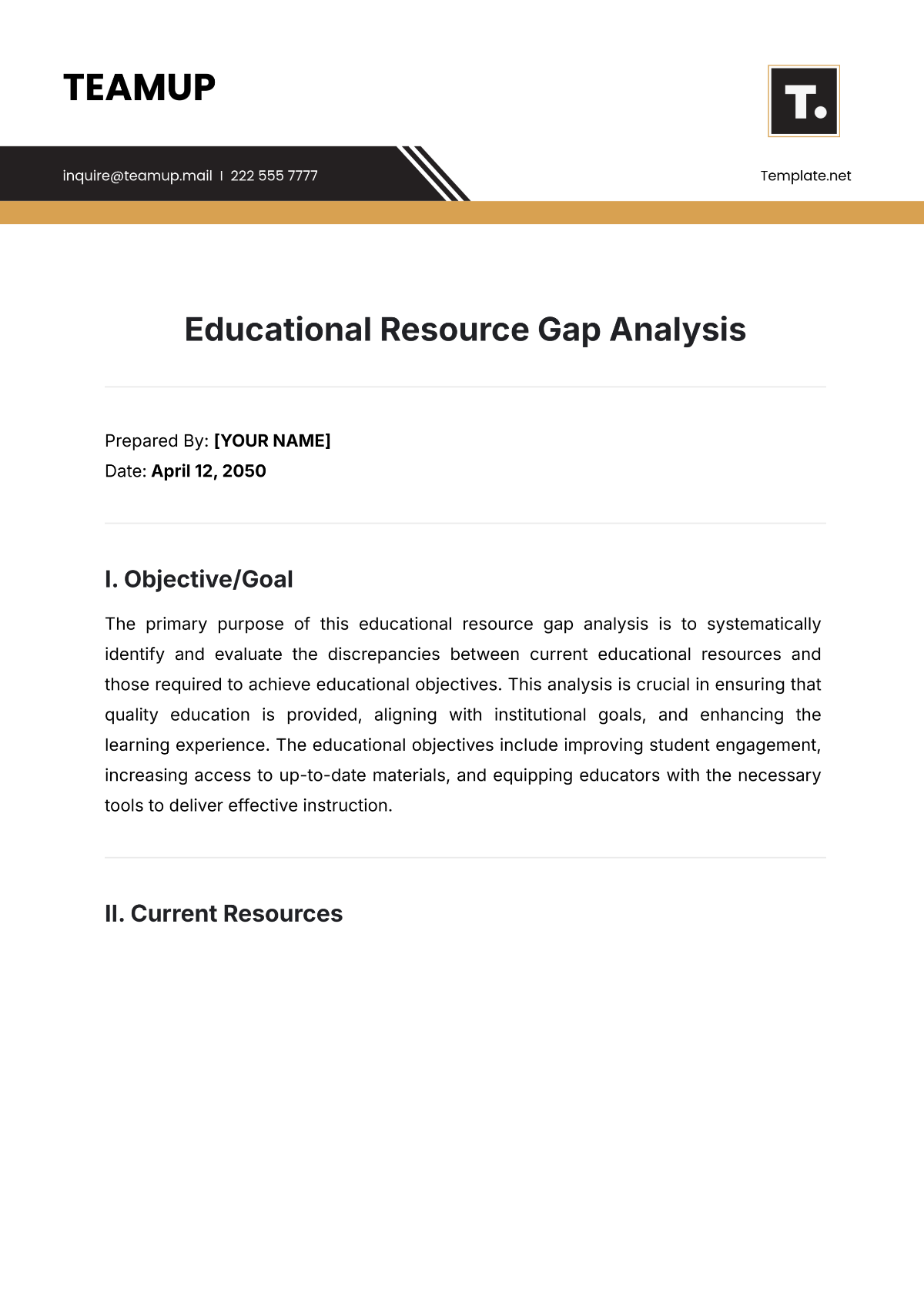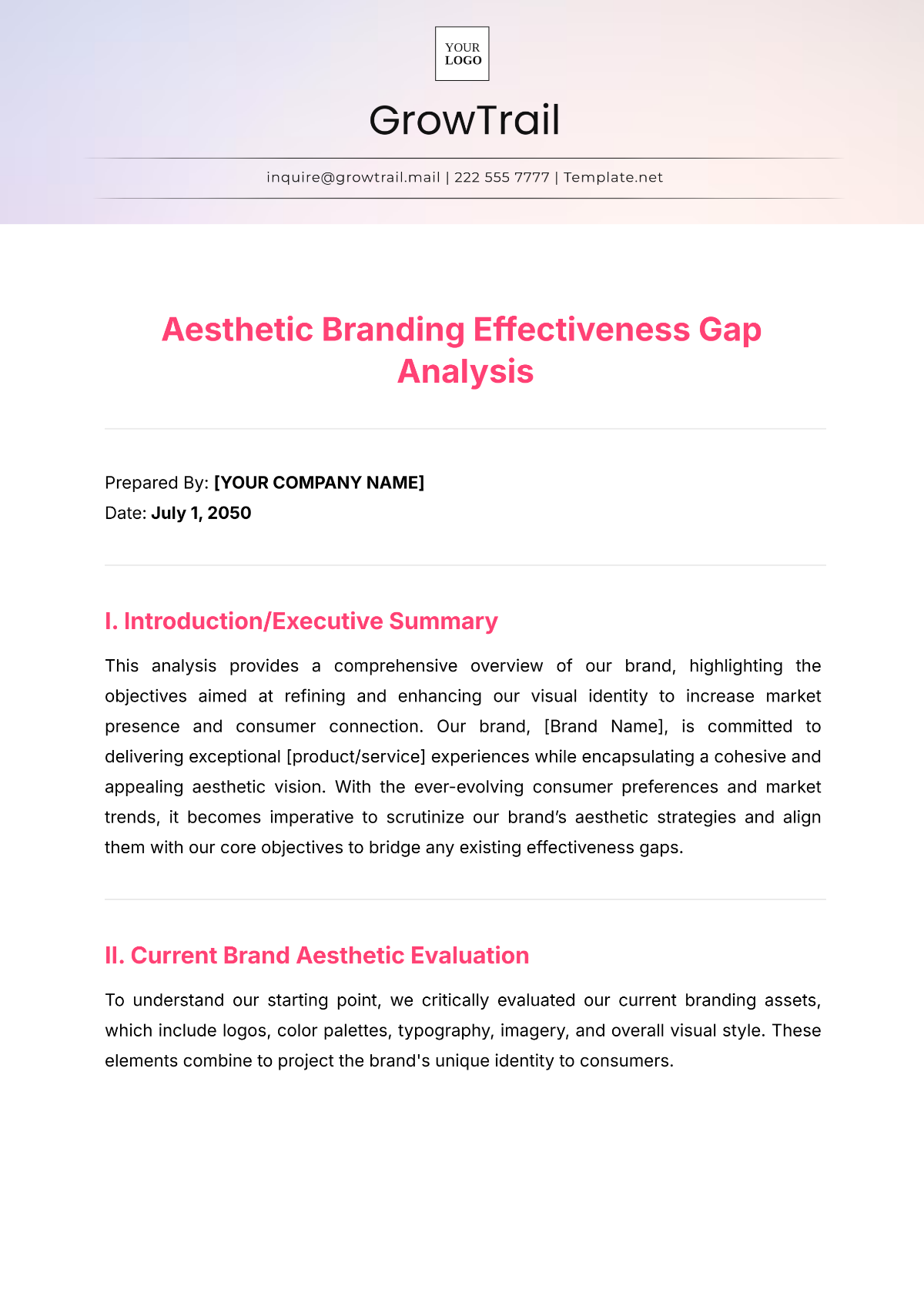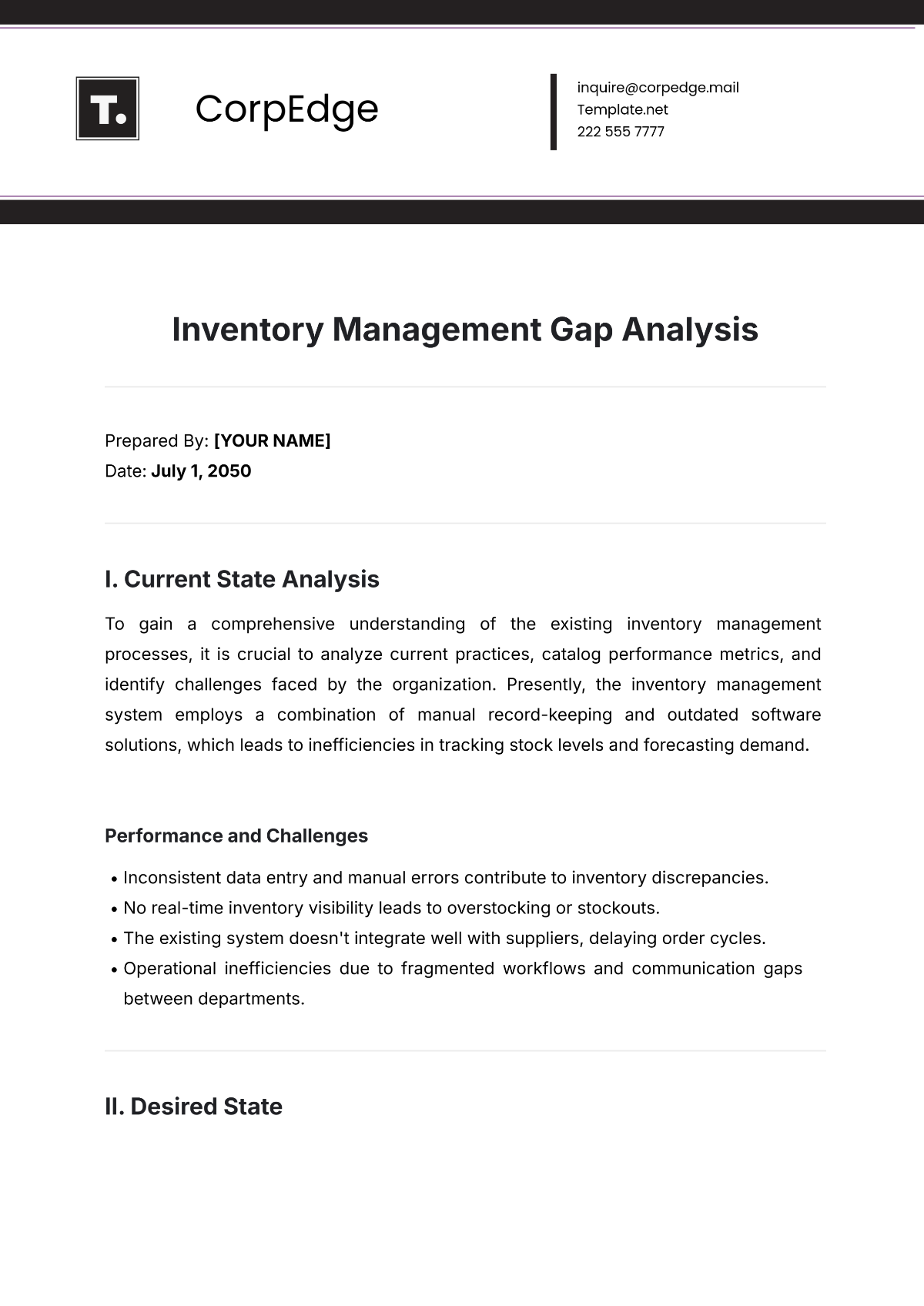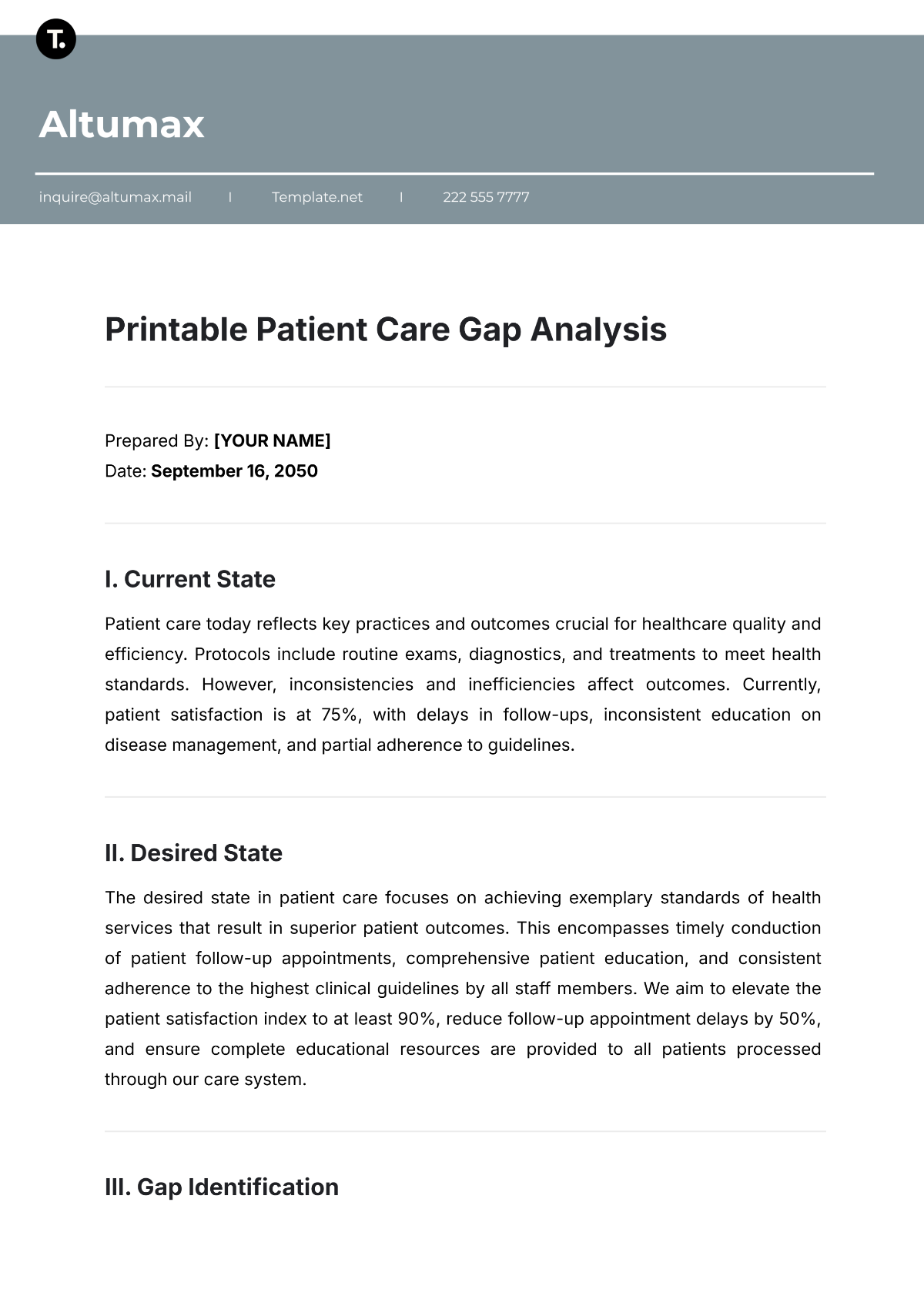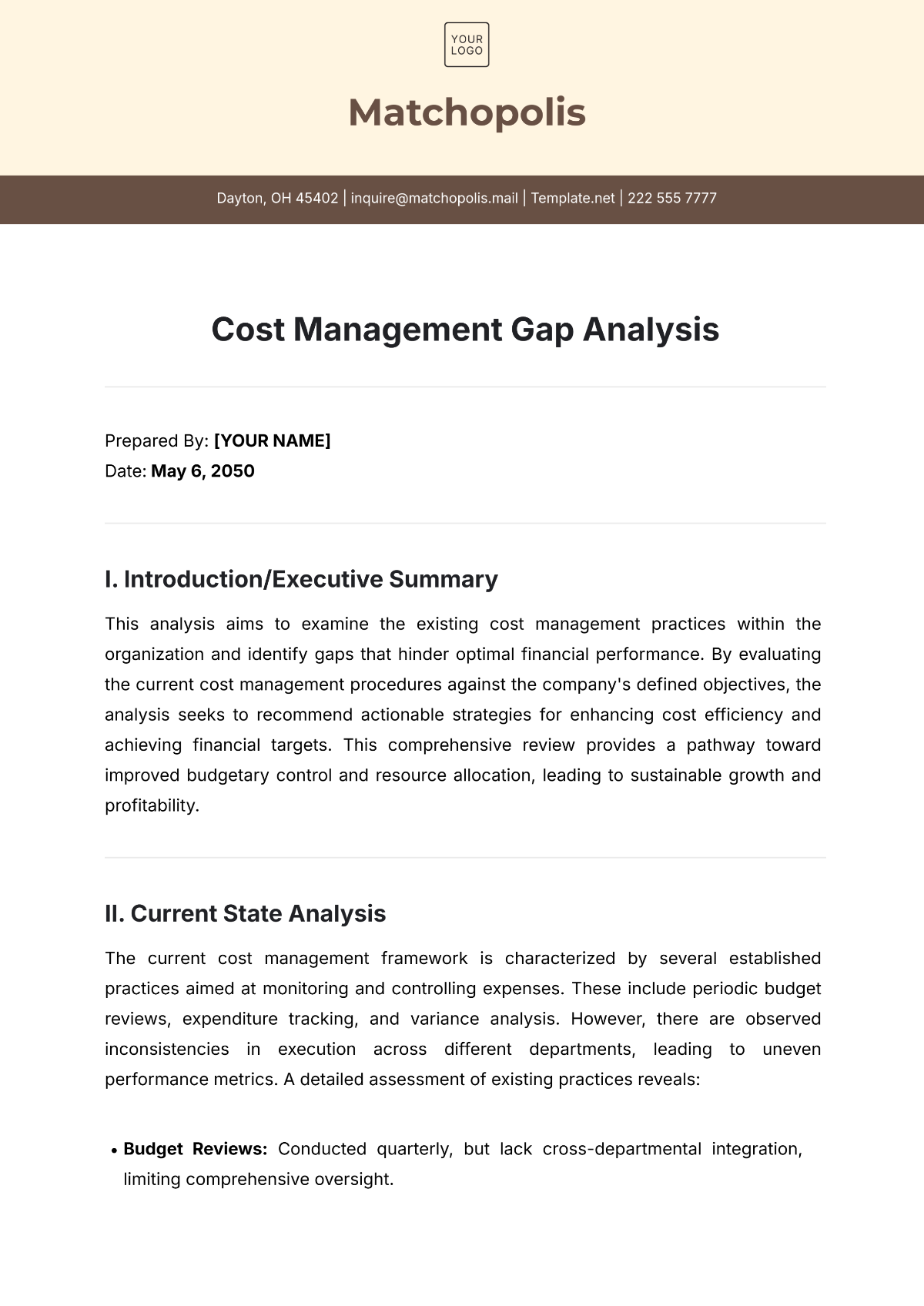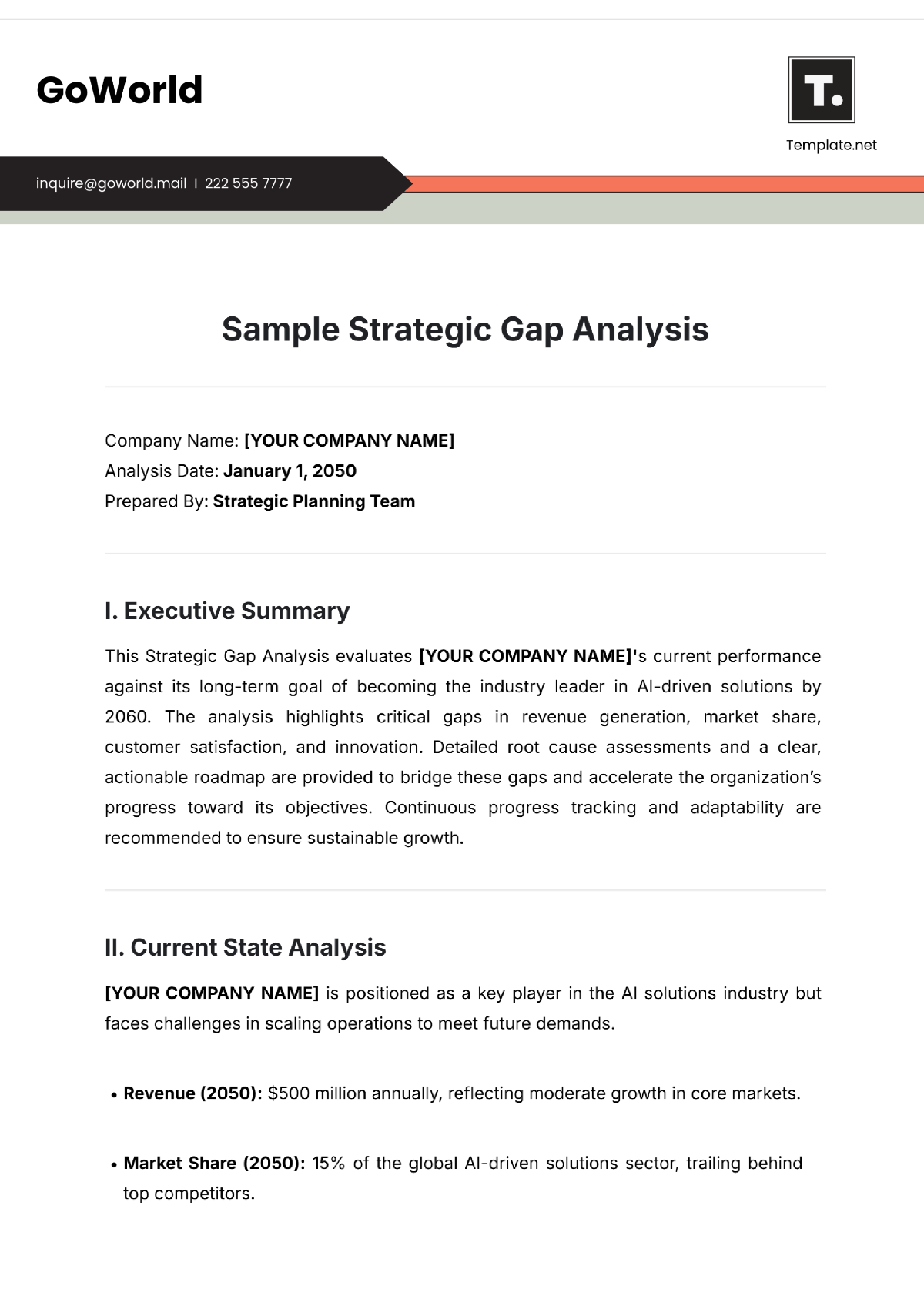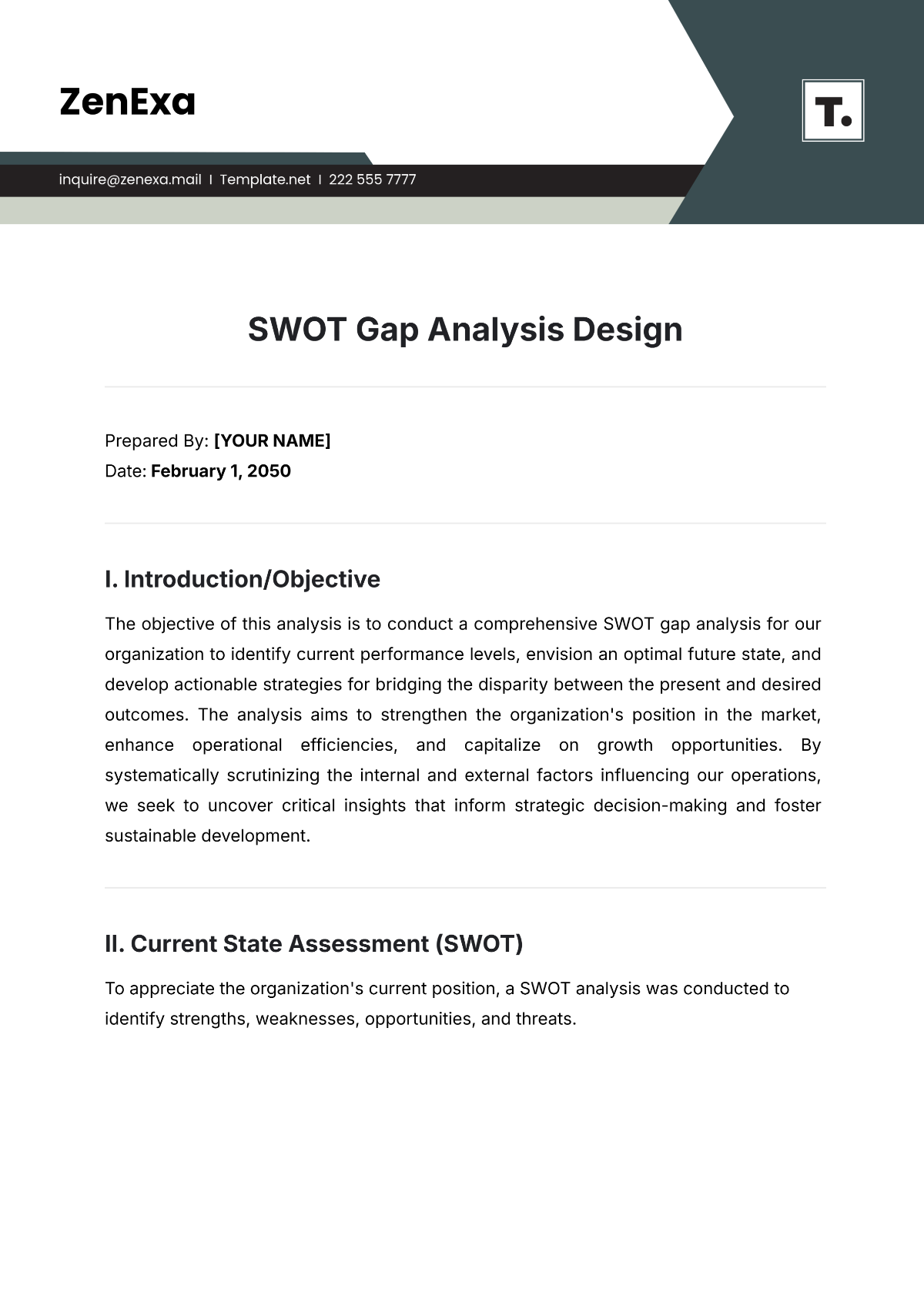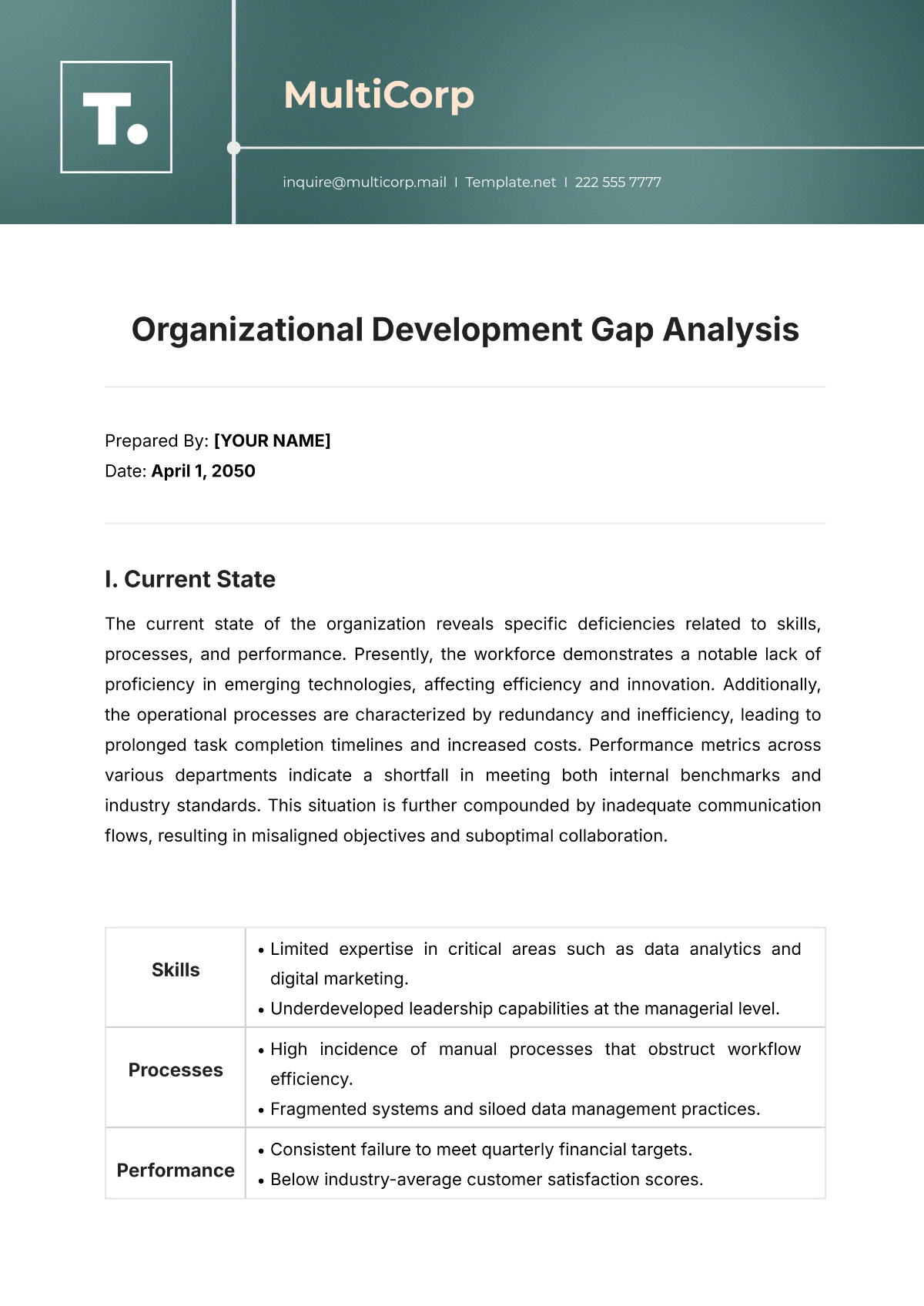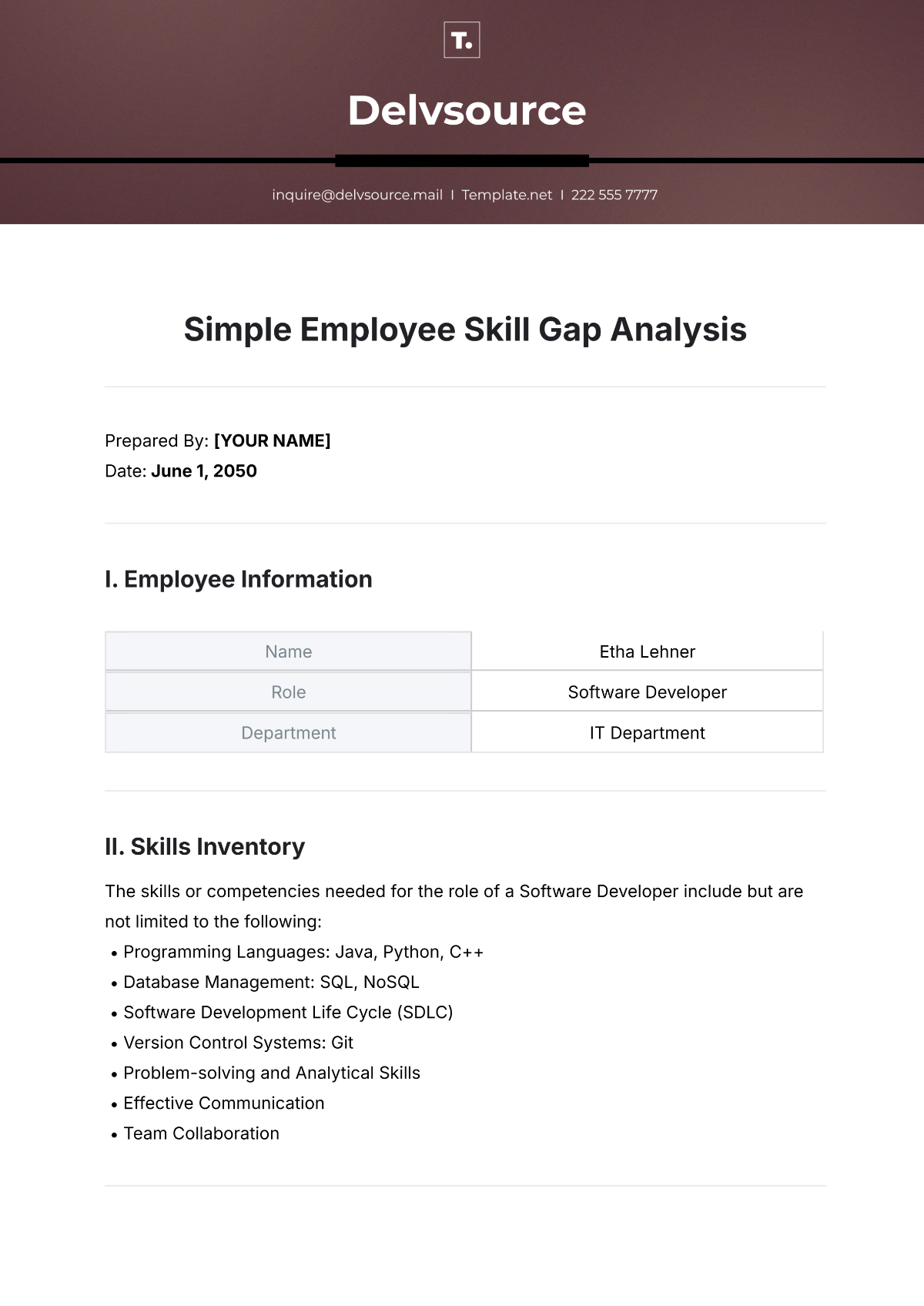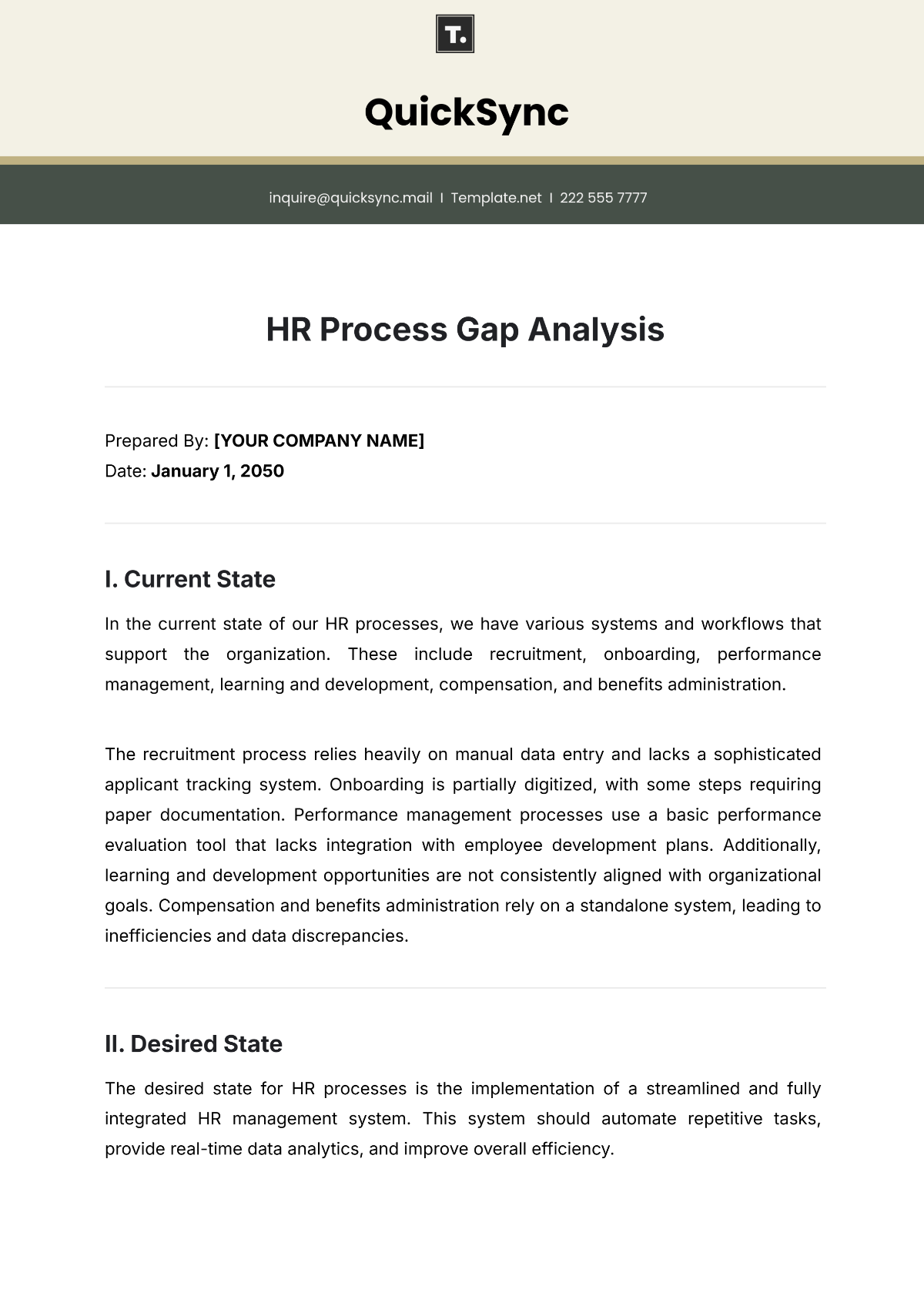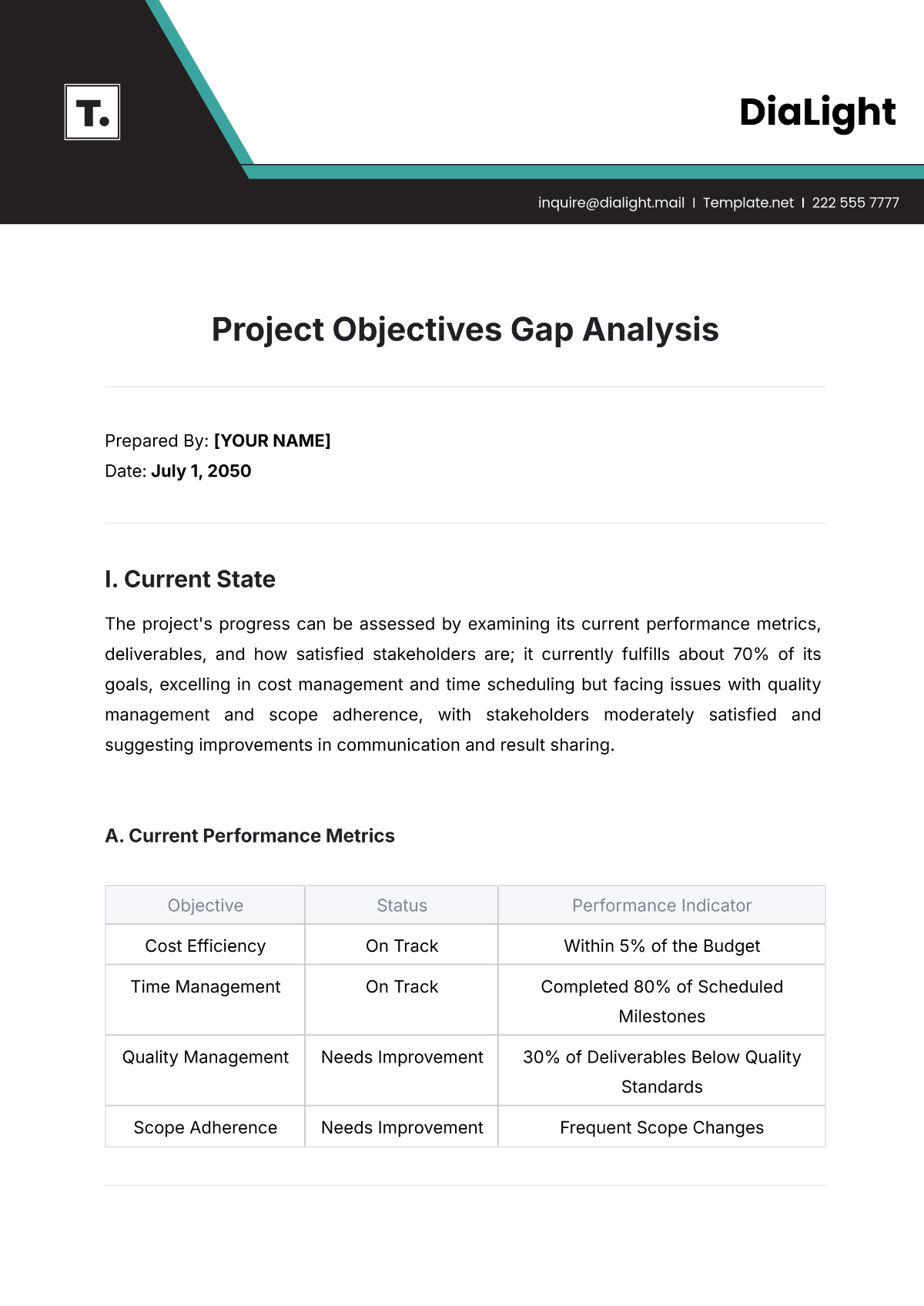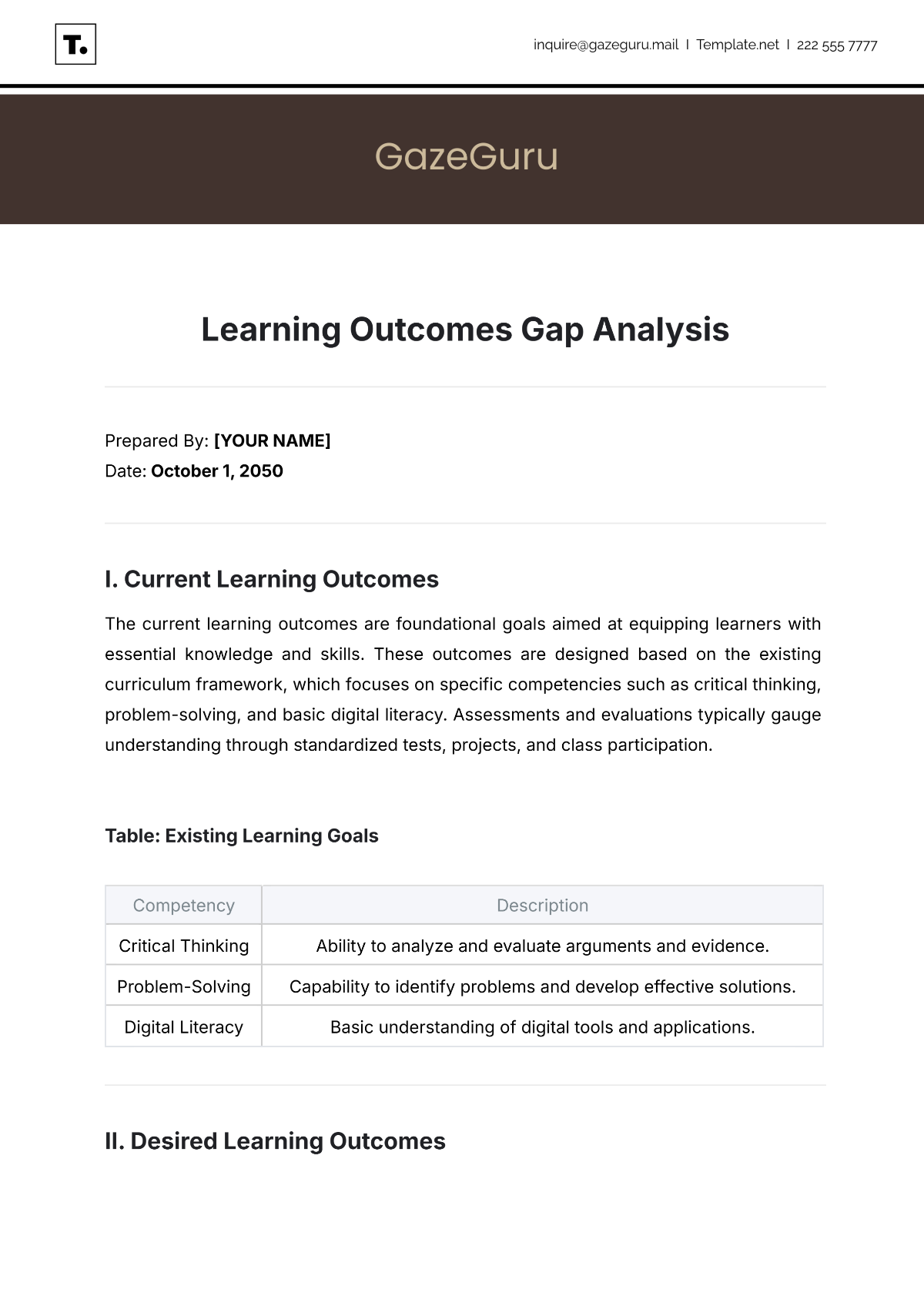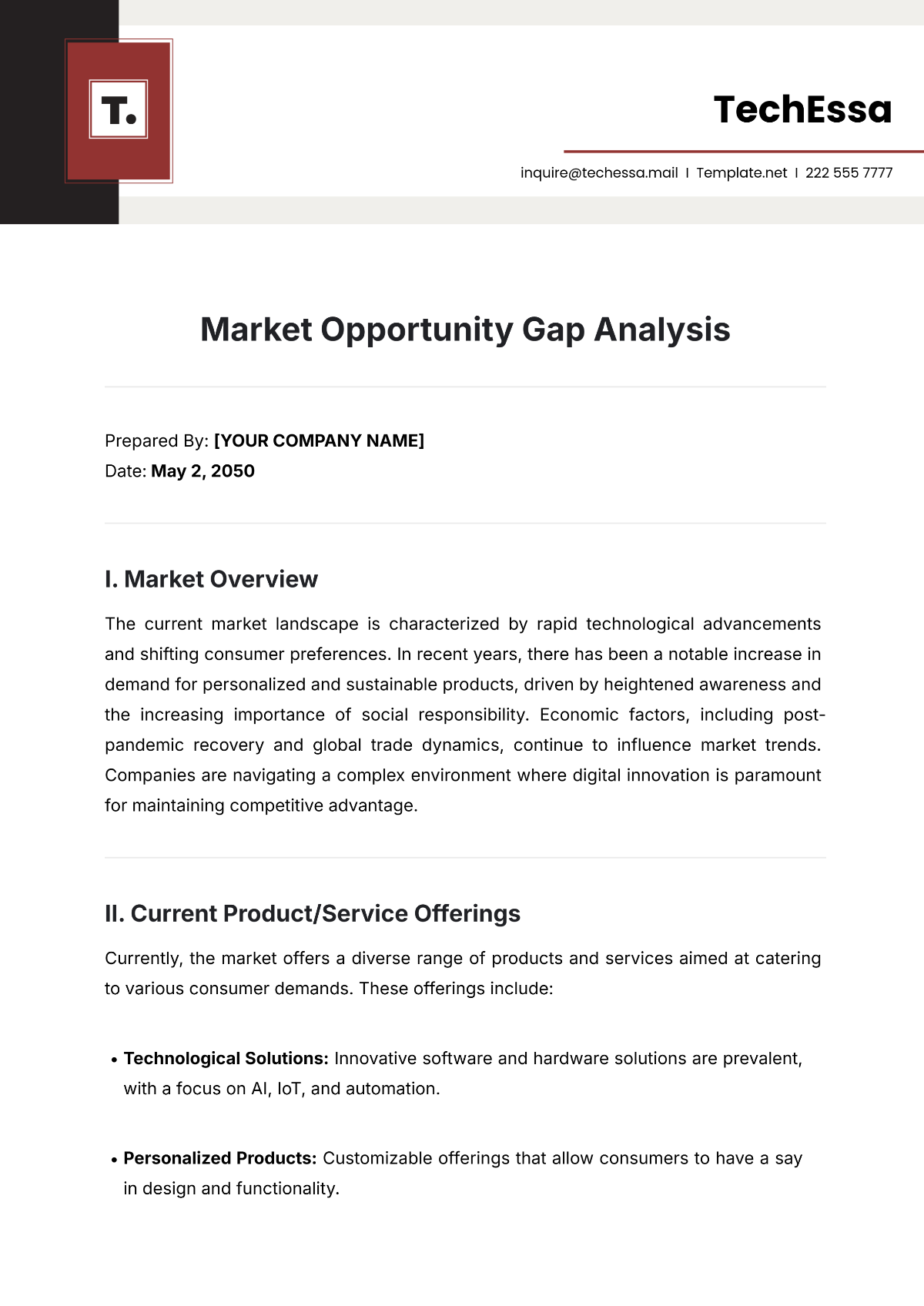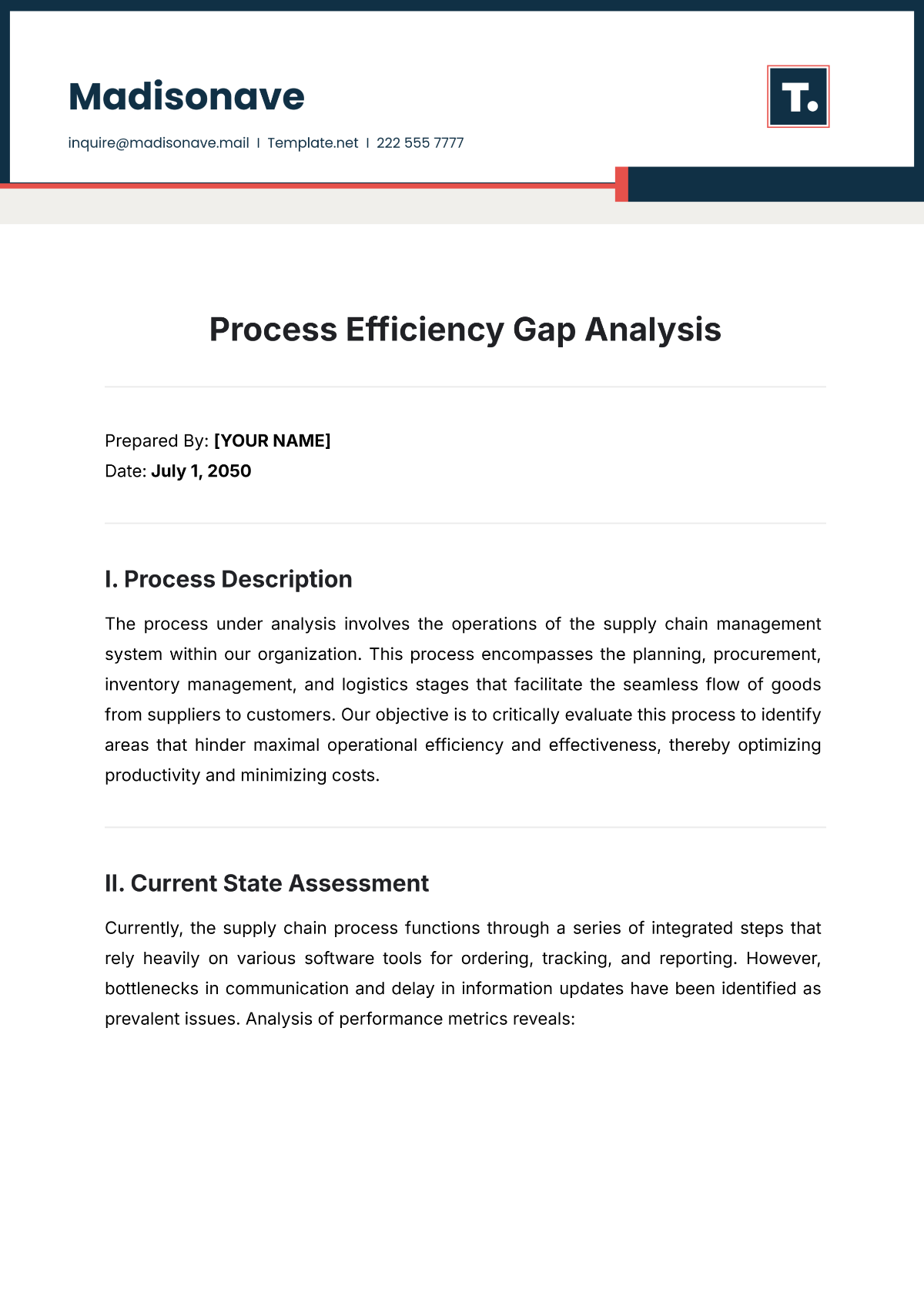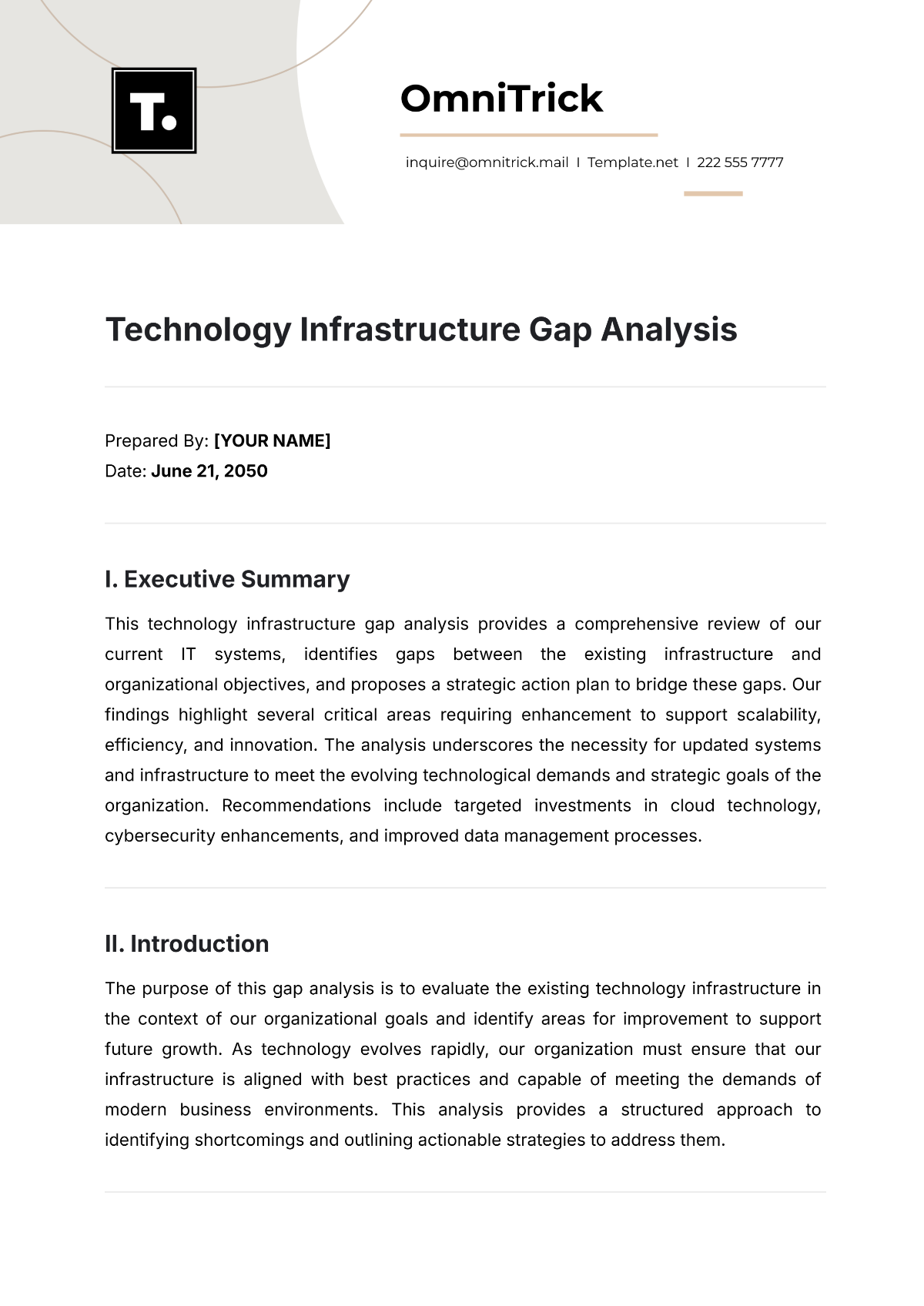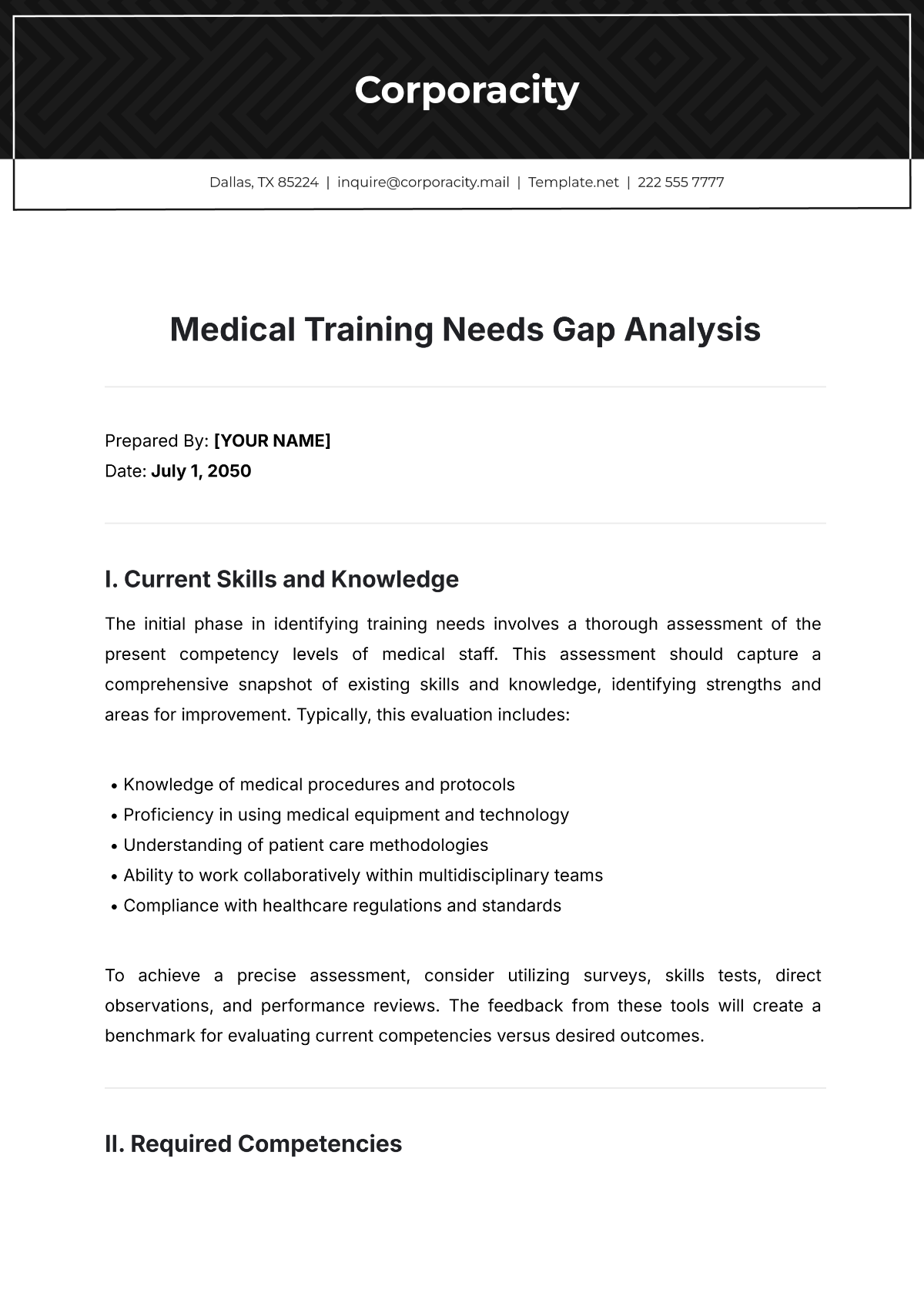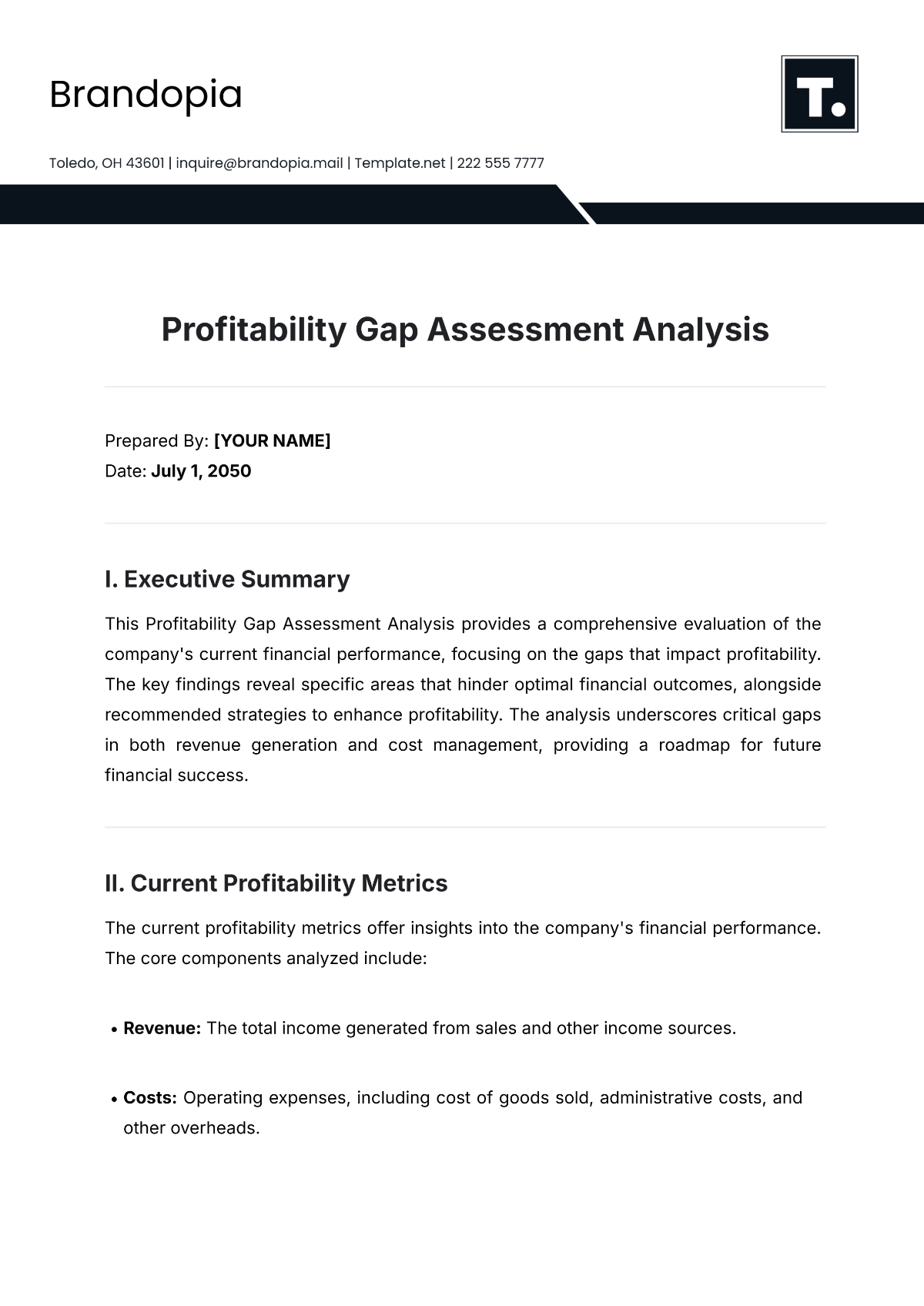Free Community Health Project Analysis Template
COMMUNITY HEALTH PROJECT ANALYSIS
Prepared By: [Your Name]
Date: [Date]
The Community Health Project is designed to enhance the overall health and well-being of the local population, tackling pressing health challenges, promoting healthier lifestyle choices, and increasing access to vital health services. This comprehensive analysis offers a detailed evaluation of the project’s objectives, methodologies, outcomes, and future recommendations. It serves as a vital resource for stakeholders, enabling a thorough assessment of the project's effectiveness and identifying opportunities for improvement.
Objective of the Community Health Project
The core objective of the Community Health Project is to address prevalent health issues within the community, promote healthier lifestyle habits, and expand access to essential health services. Focused on preventative measures, health education, and partnerships with local healthcare providers, the project strives to ensure sustainable health improvements that benefit all community members. By targeting these key areas, the project aims to reduce health disparities and create a more informed and health-conscious population.
Specific Goals
The project has outlined specific goals to guide its efforts and measure success:
Reduce the Incidence of Chronic Diseases
Focus on reducing the prevalence of chronic conditions such as diabetes, hypertension, and cardiovascular diseases through preventive health strategies and early interventions.Increase Awareness of Health Issues and Preventive Measures
Raise public awareness about common health risks and educate the community on how to adopt preventive measures to reduce health complications.Enhance Access to Healthcare Services for Underserved Populations
Expand access to essential healthcare services, particularly in underserved and marginalized areas, ensuring equitable care for all residents.Foster Community Engagement and Participation
Encourage active community involvement in health-related activities, creating a collective responsibility for improving health outcomes and promoting well-being.
Methodologies
The Community Health Project adopts a comprehensive, multi-method approach to tackle the community's health challenges. By combining quantitative and qualitative research with community-centered activities, the project employs various methodologies to effectively assess health needs and deploy appropriate solutions.
Quantitative Research
Provides data on health trends, disease prevalence, and community health outcomes.Qualitative Research
Captures personal experiences, barriers to care, and specific community needs through interviews and focus groups.Community Surveys and Workshops
Facilitate direct community engagement and allow participants to share their health concerns and feedback.Health Screenings and Education
Offer onsite health screenings to detect preventable diseases and provide immediate care, paired with educational workshops to improve health literacy.
Research and Data Collection
A robust data collection process underpins the project’s success, using both structured and unstructured approaches to gather insights on health issues and service access. The table below outlines the key methods used:
Method | Description |
|---|---|
Community Surveys | Structured questionnaires distributed to community members to identify health issues and access barriers. |
Interviews | In-depth discussions with healthcare providers and community leaders to understand local health needs. |
Workshops | Interactive sessions aimed at educating residents on key health topics while gathering feedback on health services. |
Health Screenings | On-site screenings for common conditions to identify at-risk individuals and provide immediate intervention. |
Outcomes
The Community Health Project has achieved several positive outcomes, highlighting the project's impact on health improvements and community involvement. Key results include:
Improvement in Health Metrics
The project has contributed to a noticeable reduction in chronic disease rates within the community, especially in the incidence of diabetes and hypertension. Increased participation in preventive programs and health screenings further reflects the community’s proactive stance toward better health.
Increased Community Engagement
A significant milestone has been the marked rise in community participation in health-related activities. This surge in involvement indicates a collective shift toward prioritizing health, with residents now more actively engaged in their own well-being and in supporting community health efforts.
Recommendations for Future Initiatives
To build on the project’s successes, the following recommendations are proposed to ensure the continued improvement of health outcomes in the community:
Expand Preventive Health Services
Increase access to preventive health screenings and services, particularly in rural and hard-to-reach areas, to ensure that all residents can benefit from early disease detection and prevention.Strengthen Partnerships with Local Health Organizations
Foster stronger collaborations with local and regional healthcare providers, leveraging additional resources and expertise to expand the reach and quality of services offered.Implement Technology-Driven Solutions
Explore and integrate telemedicine and other technology-driven healthcare solutions to further enhance access to medical consultations, especially for remote or underserved populations.Update Health Education Materials Regularly
Keep community health education materials current by regularly updating them to reflect emerging health issues and trends, ensuring that residents remain informed about potential health threats.Evaluate Project Impact Periodically
Conduct regular evaluations to assess the effectiveness of the project, ensuring that its objectives align with the evolving needs of the community. Use findings to adapt and refine strategies for continued success.
Conclusion
The Community Health Project has made a significant, positive impact on the local population by improving health outcomes, raising awareness, and enhancing access to healthcare services. The sustained effort and strategic planning required for the future will build on the successes achieved thus far, addressing ongoing challenges while continuing to foster healthier and more engaged communities.

